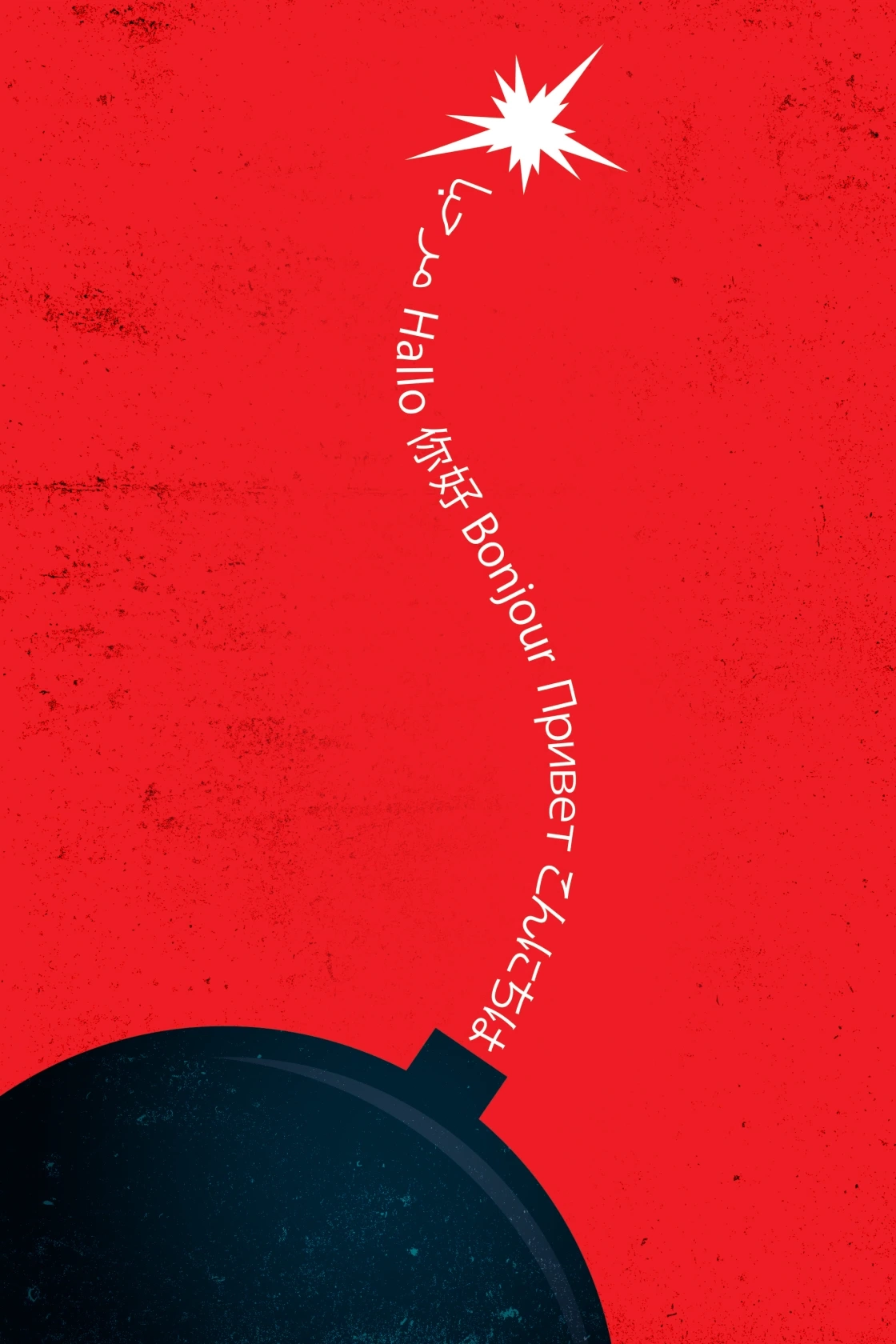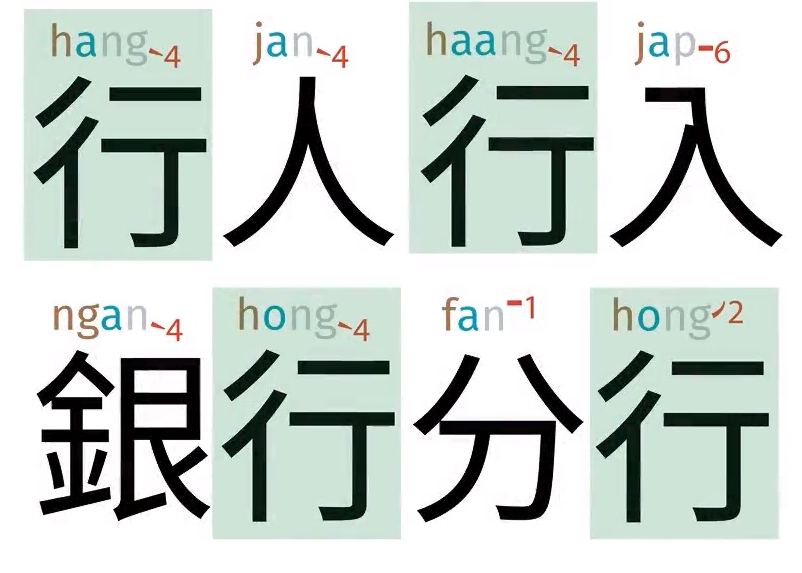Overall, why do Mandarin enrollments continue to decline?
This is a problem that has been troubling colleagues across the country.
"Why fewer university students are studying Mandarin"
Learning the difficult language does not seem as worthwhile as it once did
Economist (Aug 24th 2023)
China | How do you say “not interested”?
Ten years ago Mandarin, the mother tongue of most Chinese, was being hyped as the language of the future. In 2015 the administration of Barack Obama called for 1m primary- and secondary-school students in America to learn it by 2020. In 2016 Britain followed suit, encouraging kids to study “one of the most important languages for the UK’s future prosperity”. Elsewhere, too, there seemed to be a growing interest in Mandarin, as China’s influence and economic heft increased. So why, a decade later, does Mandarin-learning appear to have declined in many places?
Read the rest of this entry »

